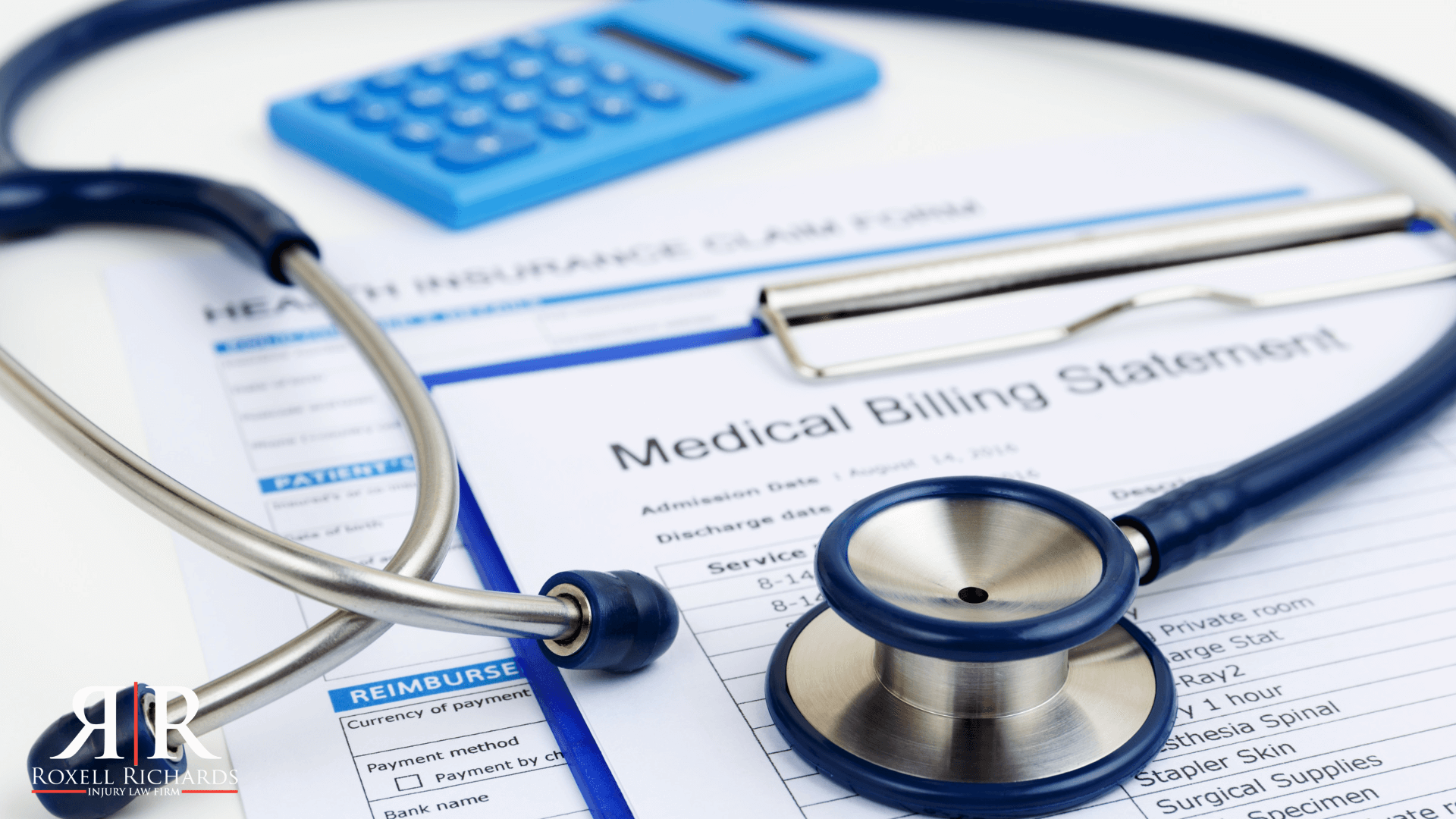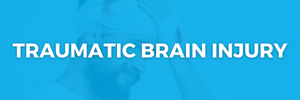Who Pays Medical Bills After A Car Accident?
Accidents can happen unexpectedly and often come with medical expenses that can be challenging to handle.
Accidents can happen unexpectedly, and they often come with medical expenses that can be challenging to handle.
Paying Medical Bills After a Car Accident in Various places
- Florida follows a “no-fault” system, which means that regardless of who caused the accident, each party’s insurance company is responsible for paying their own medical bills. This system is designed to provide quick access to medical treatment and minimize legal disputes. Therefore, in Florida, it is typically your own insurance company that pays for your medical expenses.
- In California, the at-fault driver’s insurance company is generally responsible for paying the medical bills of injured parties. This is known as a “fault” system. However, if you have your own insurance coverage, it may provide additional benefits to cover medical expenses.It’s important to report the accident to your insurance company promptly and provide them with all the necessary information.
- Texas operates under a “fault” system as well. When it comes to medical bills, the at-fault driver’s insurance company is typically responsible for paying the medical expenses of the injured party.However, Texas also allows individuals to purchase personal injury protection (PIP) coverage. If you have PIP, your own insurance company will cover your medical bills up to the policy limit, regardless of who caused the accident.
- Connecticut operates under a “fault” system for car accidents. This means that the at-fault driver’s insurance company is generally responsible for paying the medical bills of injured parties.However, if you have your own car insurance policy, it may include medical payment coverage, also known as “med pay,” which can help cover medical expenses regardless of who caused the accident. It’s important to review your insurance policy and contact your insurance company to understand the coverage and claims process.
Things To Do in Case Of A Collision
- Seek Medical Attention: If you or anyone involved in the accident has been injured, it’s essential to seek medical attention immediately. The highest attention should be given to your health and wellbeing.
- Contact Authorities: Call the police or appropriate authorities to report the accident, especially if there are injuries or significant property damage. They will create an official report, which can be valuable for insurance claims and legal purposes.
- Document the Accident: Take photos of the accident scene, including the damage to the vehicles and any visible injuries. Gathering information such as the names, contact details, and insurance information of all parties involved can be beneficial.
- Notify Your Insurance Company: As soon as you can, notify your insurance provider of the accident.Provide them with accurate and detailed information about the accident to initiate the claims process smoothly.
- Consult with an Attorney: If you have questions about your rights or need assistance with insurance claims, consider consulting with a personal injury attorney who specializes in car accidents. They can offer advice and support in defending your interests.
Personal Accident Benefits
Personal Accident Benefits are a type of insurance coverage that provides financial compensation to an individual or their beneficiaries in the event of accidental injury or death. These benefits are designed to provide financial support and protection during challenging times following an accident.
Accident Medical Reimbursement and Medical Reimbursement Insurance are similar in that they both provide financial assistance for medical expenses. However, there are some differences between the two:
Coverage Scope: Accident Medical Reimbursement is specifically designed to cover medical expenses resulting from accidents. It focuses on providing financial support for injuries sustained in accidents such as car accidents, slips and falls, or other covered accidents.
On the other hand, Medical Reimbursement Insurance is a broader coverage that typically applies to a wider range of medical expenses, not limited to accidents alone. It may cover medical costs related to illnesses, preventive care, surgeries, prescription medications, and other healthcare services.
Triggering Event: Accident Medical Reimbursement coverage is triggered when an accident occurs and leads to injuries that require medical treatment. The policyholder can then submit a claim to the insurance company for reimbursement of accident-related medical expenses.
Medical Reimbursement Insurance, on the other hand, may cover medical expenses regardless of the cause. It can apply to both accident-related injuries and non-accident-related medical conditions.
Focus on Accidents: Accident Medical Reimbursement policies are specifically tailored to address the financial impact of accidents and the resulting medical expenses. They often have specific coverage limits, deductibles, and exclusions related to accidents. Medical Reimbursement Insurance, while it may cover accident-related medical expenses as well, has a broader focus and can encompass various medical treatments and services beyond accidents.
Comprehensive Health Coverage: Medical Reimbursement Insurance may provide more comprehensive health coverage, including coverage for preventive care, routine check-ups, and ongoing medical treatments.
It may also include provisions for pre-existing conditions, maternity care, and other healthcare needs that are not typically covered under Accident Medical Reimbursement policies.
Personal Accident Benefits provide a financial safety net, offering financial support and peace of mind to individuals and their families in the event of an accident. The exact coverage and benefits can vary depending on the insurance policy and the specific terms and conditions outlined therein.
It is important to review the policy carefully to understand the coverage limits, exclusions, and claim procedures to ensure adequate protection in case of an accident.
If you Can’t Pay Medical Bills in Florida: Can a Hospital Sue You for Unpaid Medical Bills?
If you can’t pay your medical bills in Florida, it’s important to communicate with the healthcare provider or hospital as soon as possible. Many hospitals have financial assistance programs or payment plans that can help individuals manage their medical expenses. In some cases, hospitals may offer discounts or write-offs based on a person’s income level or financial hardship.
However, if the bills remain unpaid and no arrangements are made, the hospital or healthcare provider may take legal action to recover the debt.
A hospital or healthcare provider in Florida can sue an individual for unpaid medical bills. If you receive medical treatment and fail to pay the bills, the hospital may take legal action to recover the outstanding amount
However, it’s worth noting that hospitals often try to work out payment arrangements or offer financial assistance programs before pursuing legal action. If you’re facing difficulties paying medical bills, it’s advisable to communicate with the healthcare provider and explore possible options.
Medical Expenses and Damages
Medical expenses refer to the costs incurred for medical treatment that is related to car crash, work related injury, personal injury lawsuits, services, and supplies related to an accident or injury. These expenses may include hospital stays, surgeries, doctor visits, diagnostic tests, medications, physical therapy, and rehabilitation.
Medical expenses are an important part of personal injury claims. Usually, the person at fault or their health insurance company pays for these expenses.
Damages, on the other hand, refer to the various losses and harms suffered by the injured party due to an accident.
In addition to medical expenses, damages can include pain and suffering, emotional distress, loss of income or earning capacity, property damage, and other related costs. Damages seek to compensate the injured party for the physical, emotional, and financial impact of the accident.
Role Of A Laywer In Who Pays Medical Bills After A Car Accident
The role of a car accident lawyer can be vital in helping navigate the complex legal aspects of determining who pays medical bills after a car accident.
Here’s an overview of how a lawyer can assist in this matter:
Legal Analysis and Advice: A lawyer specializing in personal injury law can provide a comprehensive analysis of the accident and applicable laws to determine who may be responsible for paying medical bills.
They can assess factors such as fault, insurance coverage for car accidents, personal injury, workplace injury and state-specific regulations to advise the injured party on the potential options for pursuing compensation.
Insurance Claims Assistance: Dealing with insurance companies can be challenging, as they often seek to minimize their payouts. A lawyer can assist in preparing and filing insurance claims, ensuring that all necessary documentation and evidence are included to support the claim for medical expenses. They can handle negotiations with the insurance company and advocate for the injured party’s rights and best interests.
Identifying Responsible Parties: In some cases, multiple parties may share liability for the accident. A lawyer can investigate the circumstances of the accident and identify all potentially responsible parties, such as other drivers, vehicle owners, or even third parties like government entities or manufacturers.
This is crucial for determining who should be held accountable for medical expenses.
Legal Proceedings and Lawsuits: If an insurance claim does not result in a fair settlement or if liability is disputed, a lawyer can initiate legal proceedings on behalf of the injured party. They can file a lawsuit, gather evidence, interview witnesses, and represent the injured party’s interests in court. Read testimonials, too.
The lawyer will present a compelling case to demonstrate liability and seek compensation for medical bills and other damages through litigation, if necessary.
Negotiating Settlements: Lawyers are skilled negotiators who can engage in settlement discussions with insurance companies or the opposing party’s legal representatives. You may check their case results from former cases.
They aim to secure a fair settlement that adequately covers the injured party’s medical expenses and related damages. If a favorable settlement offer is presented, the lawyer can provide guidance on whether to accept or pursue further legal action.
Legal Protections and Rights: A lawyer ensures that the injured party’s rights are protected throughout the process. They are well-versed in personal injury laws and can help prevent any potential violations of those rights. They also provide guidance on important legal deadlines, ensuring that the injured party does not miss out on their opportunity to seek compensation.
In conclusion, navigating medical bills after a car accident can be overwhelming, but having knowledge about the regulations and insurance options can provide some relief.
Remember, prioritizing your health and seeking proper legal and medical assistance are paramount in handling the aftermath of a car accident. Stay informed, stay safe, and protect your rights.






